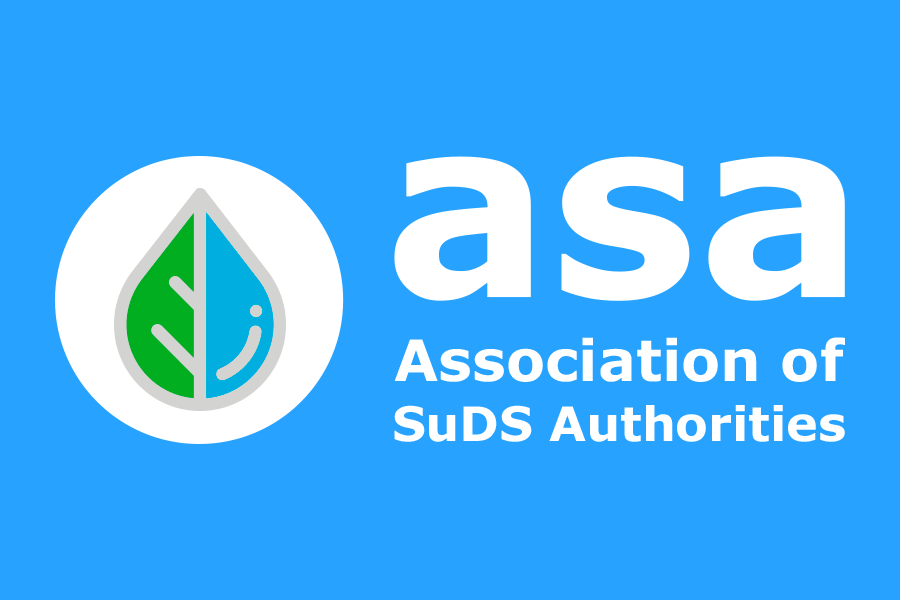Surface Water Management Review

Unlike flooding from rivers and the sea, surface water flooding can happen anywhere due to the local nature of the heavy downpours which commonly cause it. Urban development, with increasing areas of hard surface into which water cannot percolate, has exacerbated the problem. Stretched local authorities are struggling to manage these growing pressures which mean more than 5 million households are reported to be at risk from this form of flooding.
A survey of risk management authorities conducted in 2022 by CIWEM identified a range of pressures seriously impacting their ability to keep pace with and manage the growing risk. Most acutely these relate to staff resource available to review development planning applications and deliver flood management schemes. Inadequate and uncertain budgets, lack of clarity on their remits and responsibility, fragmented data and recruitment challenges are piling on the pressure.
The findings identify areas where improvement can be made, including better cooperation and collaboration between different RMAs working in the same locations, government and the Environment Agency providing better clarity on their expectations for managing surface water flood risk and where and how the different responsibilities fall. This should be underpinned by better data gathering and sharing between the authorities involved.
ASA has worked collaboratively with the Chartered Institute for Water and Environmental Management (CIWEM) and Local Government Technical Advisory Group for Flood and Coastal Erosion Risk Management to deliver this review. ASA Co-Chairs Laura Bigley and Vikki Keeble said
“Along with Local Government FCERM TAG, we commissioned and funded this important survey and report to bring to the fore the pressures and challenges those managing surface water flood risk and sustainable drainage face daily. Whilst the findings are sadly not surprising, we welcome the recommendations identified within the report and look forward to continuing to work with Defra and the Environment Agency to bring about positive change to address these challenges head on. With the implementation of Schedule 3 of the Flood and Water Management Act expected in 2024, it has never been more important to raise the profile of surface water and sustainable drainage.”
Findings are detailed in a briefing report, summary report and a full report.
